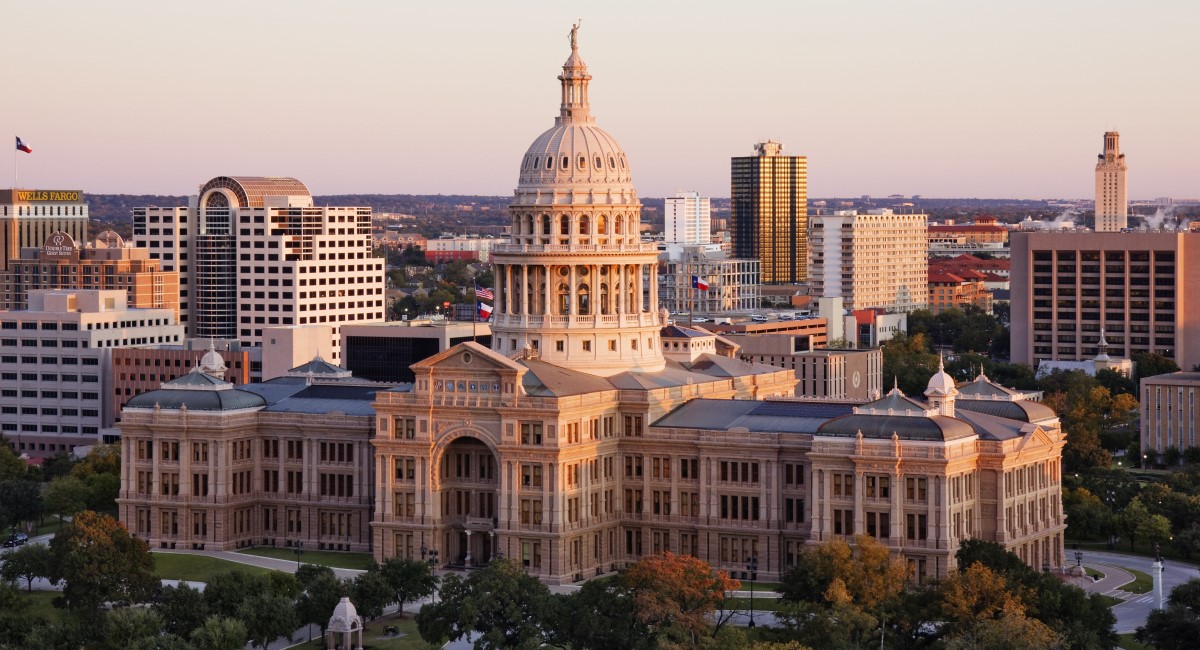Voucher bill voted out of committee, headed for floor showdown

Date Posted: 11/10/2023 | Author: Tricia Cave
House Bill (HB) 1 by Chairman Brad Buckley (R–Salado) was voted out of committee on Friday morning by a vote of 10-4. The vote was along party lines, with Buckley, Rep. Ken King (R–Canadian), Rep. Keith Bell (R–Forney), Rep. Trent Ashby (R–Lufkin), Rep. Cole Hefner (R–Mount Pleasant), Rep. James Frank (R–Wichita Falls), Rep. Cody Harris (R–Palestine), Rep. Will Metcalf (R–Conroe), Rep. Matt Shaheen (R–Conroe), and Rep. Gary VanDeaver (R–New Boston) voting in favor of moving the bill forward. Vice-Chair Barbara Gervin-Hawkins (D–San Antonio), Rep. Harold Dutton (D–Houston), Rep. James Talarico (D–Round Rock), and Rep. Gina Hinojosa (D–Austin) voting in opposition. Rep. Oscar Longoria (D–Mission) was not present for the vote.
While this news may be alarming to those opposed to the voucher fight, it is important to keep in mind that this outcome was expected and is not necessarily indicative of the members position on vouchers. Committee members have indicated that they believe the full House needs an opportunity to speak on this issue. Many of the members who voted to advance the bill have previously indicated they do not support vouchers.
Now is the time to contact your House member and tell them to oppose any bill so long as it contains a voucher. Voucher legislation should not be considered inside of a public-school funding bill.
In addition to voting on the voucher, the committee heard testimony on HB 2 and House Joint Resolution (HJR) 1, both by Rep. Ken King. HJR 1 is a proposed constitutional amendment creating a state school safety fund. The bill would divert $1.1 billion from the money going into the Economic Stabilization Fund (also known as the Rainy Day Fund) and also require any excess Foundation School Program funding to be shifted to this new school safety fund. This bill is meant to help cover the cost of HB 3 from the regular session, which requires all schools to have an armed school resource officer, as well as the new HB 2. Districts would be required to submit a school safety plan in order to receive the funds.
HB 2 establishes two grant programs for school safety, funded by the new school safety fund established in HJR 1. The first grant program, which will be capped at $1.1 billion, would fund the school safety allotment at a rate of 1% of the Basic Allotment per enrolled student. Additionally, campus allotments would be provided, ranging from $50,000 to $200,000, depending on the number of students enrolled at the campus. The second grant would be a school safety program implementation grant, which will reimburse districts for costs associated with implementing approved school safety plan.
The committee voted unanimously to move both HJR 1 and HB 2 forward. All three bills will now head to the House floor, where they are expected to be heard next week. Gov. Greg Abbott (R) stated today that if the House were to cut the voucher from HB 1, he would veto the bill and continue to call special sessions on the issue.
It is imperative as we face this critical floor vote in the House that you keep up to date with the latest news on Teach the Vote, follow your lobby team on X (@tdcave, @MarkWigginsTX, and @ATPE_MontyE), and that you use Advocacy Central to contact your representatives and encourage them to vote against any bill containing a voucher. Your voice is critically important as the House prepares to debate this issue on the floor.
CONVERSATION
RECOMMENDED FOR YOU

02/27/2026
Teach the Vote’s Week in Review: Feb. 27, 2026
SBOE approves 4,200 edits and corrections to Bluebonnet Learning instructional materials. Plus: Election Day is Tuesday, March 3.

02/27/2026
SBOE special-called meeting highlights philosophical divides
The Texas State Board of Education met for a full day on February 25th in a special-called meeting.

02/24/2026
Get out and early vote this week for important statewide offices
It’s time to Teach the Vote in the races for Texas governor, lieutenant governor, attorney general, and comptroller.


It is my opinion that private schools, church schools and homeschooling are choices parents make to separate their children from the “public school setting” are making “their” choices based on their needs. If they choose to do so, it should be at their expense. Taking money from the public school setting weakens the financial structure of many to benefit the “wants” of the few. Those who have the finances to send their children to alternative institutions of learning should assume the financial costs for such decisions!
We all must engage and advocate against vouchers! Now is the time to act.